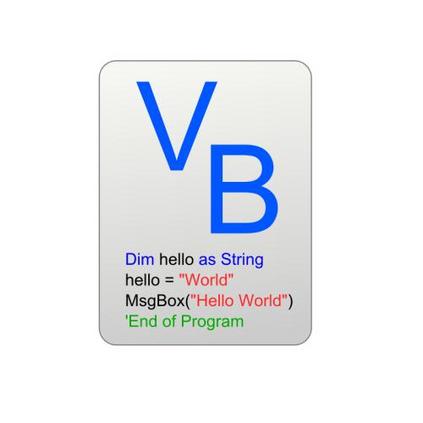This paper establishes the equivalence between Local Differential Privacy (LDP) and a global limit on learning any knowledge about an object. However, an output from an LDP query is not necessarily required to provide exact amount of knowledge equal to the upper bound of the learning limit. Since the amount of knowledge gain should be proportional to the incurred privacy loss, the traditional approach of using DP guarantee to measure privacy loss can occasionally overestimate the actual privacy loss. This is especially problematic in privacy accounting in LDP, where privacy loss is computed by accumulating the DP guarantees. To address this issue, this paper introduces the concept of \textit{realized privacy loss}, which measures the actual knowledge gained by the analyst after a query, as a more accurate measure of privacy loss. The realized privacy loss is integrated into the privacy accounting of fully adaptive composition, where an adversary adaptively selects queries based on previous results. Bayesian Privacy Filter is implemented to continually accept queries until the realized privacy loss of the composed queries equals the DP guarantee of the composition, allowing the full utilization of the privacy budget. Tracking the realized privacy loss during the composition is achieved through Bayesian Privacy Odometer, and the gap between the privacy budget and the realized privacy loss measures the leeway of the DP guarantee for future queries. A branch-and-bound method is devised to enable the Bayesian Privacy Filter to safeguard objects with continuous values. The Bayesian Privacy Filter is proven to be at least as efficient as the basic composition, and more efficient if the queries are privacy-loss compactible. Experimental results indicate that Bayesian Privacy Filter outperforms the basic composition by a factor of one to four when composing linear and logistic regressions.
翻译:暂无翻译





